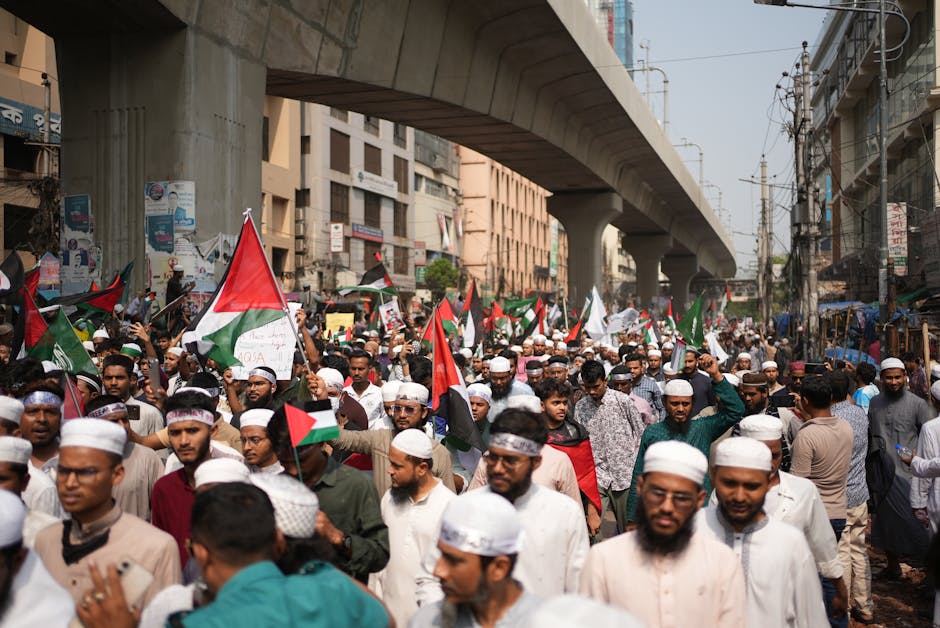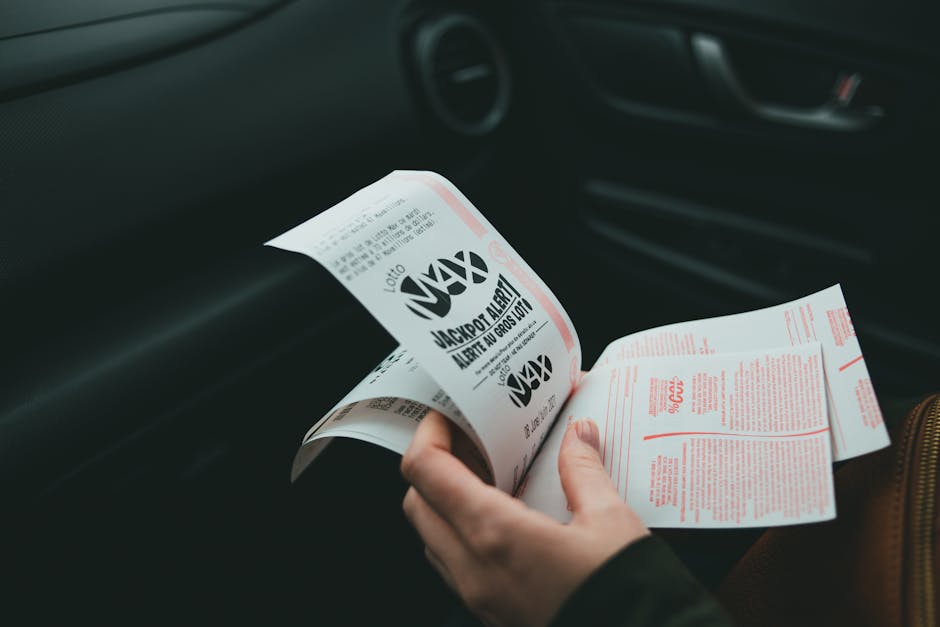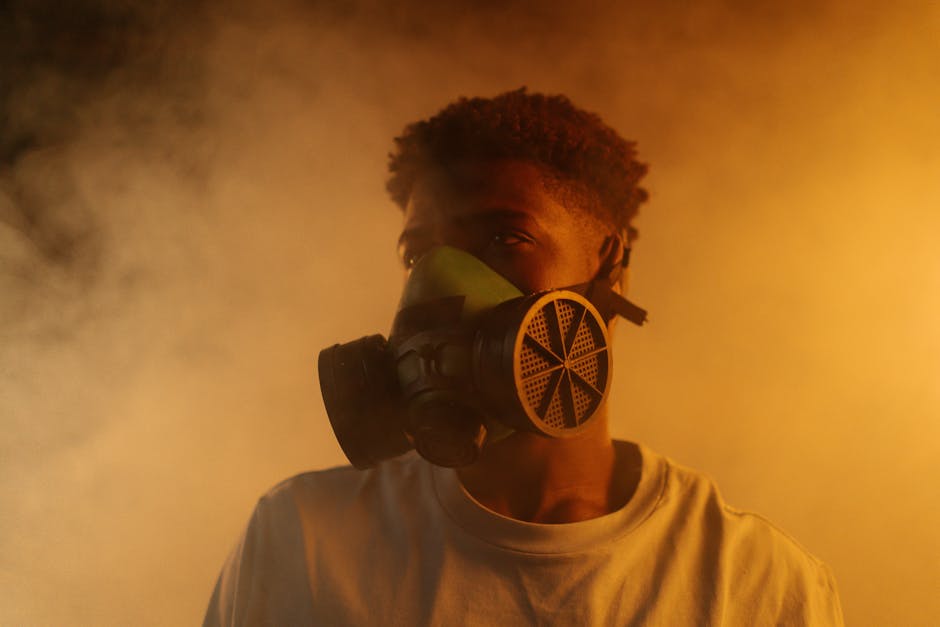The heart of Dhaka transformed into a chaotic battleground today as thousands of protesters, primarily students and opposition activists, clashed with riot police over the government’s contentious new “Digital Governance and National Security Charter.” The streets surrounding the iconic Dhaka University campus and the Motijheel commercial district were engulfed in plumes of tear gas, marking a significant escalation in tensions that have simmered for weeks.
The protests, which began peacefully, turned violent after police erected barricades to prevent demonstrators from marching towards the Secretariat. Eyewitnesses described scenes of running battles, with police deploying water cannons and baton charges against protesters, who retaliated by throwing bricks and setting fire to tyres. Dozens have been reported injured, and numerous arrests have been made in the clashes erupting in Bangladesh’s Dhaka.
Why Are People Protesting the New Charter?
At the core of the public fury is the new charter, which the Sheikh Hasina-led government has championed as a necessary step towards modernising governance. The legislation mandates a new biometric-linked digital ID for all citizens, which will be required for everything from voting to accessing essential services.
Furthermore, it grants security agencies sweeping new powers to monitor online communications and fast-track legal proceedings in cases deemed a threat to “state stability.”
Fears of a ‘Digital Dictatorship’
Critics and opposition parties have slammed the legislation as a draconian tool designed to consolidate authoritarian control. The main opposition party, the Bangladesh Nationalist Party (BNP), has called it a “blueprint for a digital dictatorship.” They argue the mandatory ID could be used to disenfranchise millions of rural and marginalised voters who lack easy access to the required technology.
Civil liberty groups have raised alarm bells over the surveillance provisions, drawing parallels to the controversial Digital Security Act, which they claim has been widely used to stifle dissent and target journalists.
“This is not about security; this is about control,” shouted a student leader from Dhaka University. “We will not let our democracy be erased by a charter.”
Students at the Forefront of the Movement
The student community, a historically potent force in Bangladesh’s political landscape, has been at the forefront of these protests over the govt’s new charter. A proposal within the charter to restructure student unions and place them under greater government oversight is seen as a direct attempt to neuter a powerful source of dissent.
Government Defends Charter, Blames Opposition
The government has so far remained defiant. Ministers are defending the charter as a progressive reform vital for Bangladesh’s future and have accused the opposition of instigating violence to create anarchy. As protest leaders vow to continue their demonstrations until the charter is repealed and the government digs in its heels, Dhaka is bracing for more tense days ahead. The battle over this new legislation is fast becoming a defining struggle for the future of democracy and civil liberties in Bangladesh.




